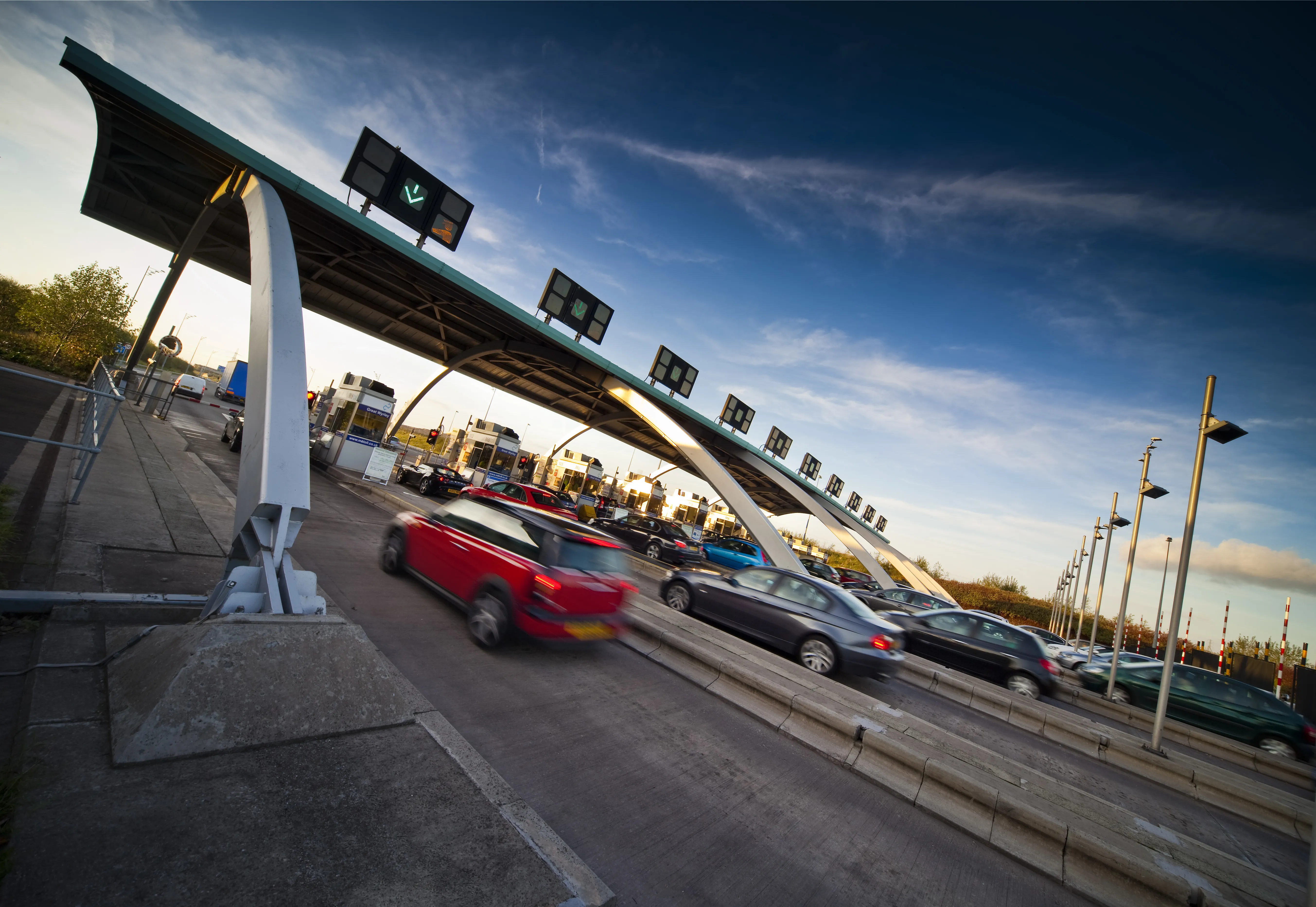Brazil’s roads are in increasing need of repairs, but with no money available to spend on infrastructure upgrade, the Brazilian Government is having to take a different approach. The responsibility for key road sections will be handed over to private firms that will then be tasked with maintenance and repair work. Typical duties will include filling potholes and updating signalling systems. However this system will not provide additional funds for upgrading dual lane roads to dual carriageway status or for other major works. Road operators will be allowed to collect tolls from road users so as to pay for the road repairs and maintenance. These contracts will be for 10 year concession deal and will be monitored by the Brazilian department for transport and infrastructure (Dnit).
Key road links that will be offered for tender include the BR-364 in Mato Grosso State, the BR-116 in Minas Gerais State and the BR-101, which runs through Brazil’s Northeast region.








